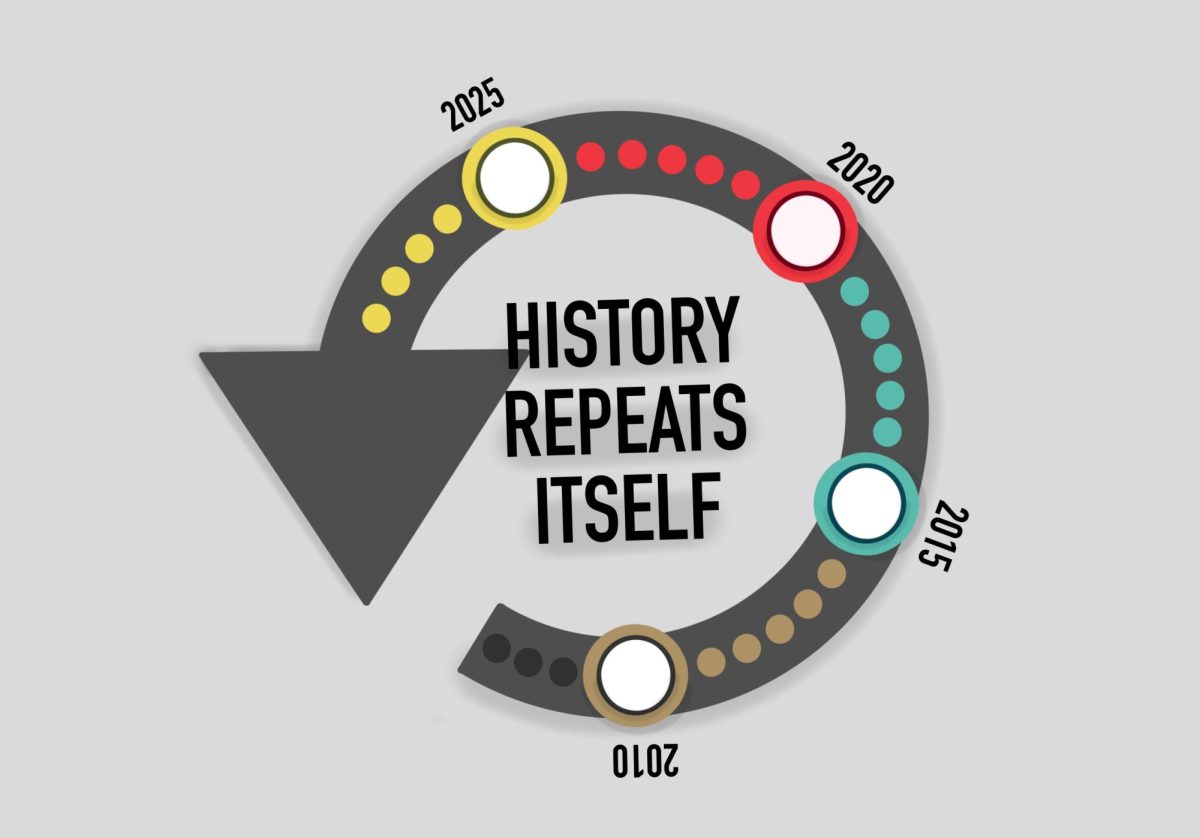The escape of six Palestinians from Gilboa prison in Israel on Sept. 6 gave a glimmer of hope to those living under occupation.
The six men reportedly liberated themselves by removing a section of flooring and escaping through a combination of tunnels and cavities, some of which had been dug by the prisoners themselves.
The widely circulated account that these tunnels were dug with a spoon has yet to be confirmed. Regardless, the spoon has now emerged in Palestinian activist circles as a symbol of resistance. A recent demonstration orchestrated by the Palestinian Youth Movement in Washington, D.C., resulted in the placement of hundreds of spoons outside of the Israeli embassy, and demonstrators elsewhere have been pictured waving the utensil at protests and rallies. Here in the Twin Cities, keffiyeh-clad members of American Muslims for Palestine and the Anti-War Committee paid a visit to Claes Oldenburg’s famed Spoonbridge and Cherry in Minneapolis.
The implications of such an escape are monumental. Israel is rarely embarrassed, enjoying unwavering U.S. support as well as billions in yearly aid. Palestinians, however, are perpetually outmanned, outgunned and spoken over. And yet, such failures as this prison break and Israel’s failure to control the narrative during May’s aerial assaults of Gaza give the occupied hope.
Because of its frequency, imprisonment can almost be considered a rite of passage for Palestinians. Roughly 40% of the male population of Palestine has been detained for resisting Israeli occupation. Many detainees are never tried or charged, instead held without recourse under what is referred to as “administrative detention.” Palestinian children as young as 12 have been tried in Israeli military courts, a process separate from the civilian court system under which Israelis are tried.
Large-scale imprisonment is only one manifestation of the oppression and confinement faced by Palestinians. Palestinians in the West Bank must contend with state-backed settler violence and never-ending settlement building, the latter being a practice that was unanimously declared illegal by the International Court of Justice.
The 2 million Palestinians in Gaza are uniquely subjugated. Palestinians liken the region, one of the most densely populated areas on Earth, to an open-air prison as most are unable to leave. In 2012, the U.N. said Gaza would be uninhabitable by 2020. Given this, the liberation of these prisoners could be considered nothing more than a jump from the frying pan into the fire.
But it was a victory nonetheless. For escapee Mohammed al-Ardah, 39, freedom was a chance to taste wild prickly-pear again. It was the first opportunity he had to taste the fruit in 22 years, al-Ardah reportedly told his lawyer.
What the escape tells us is this: The occupier is fallible. There will sometimes be moments where the boot is lifted from your neck and you have a chance. For these men, it truly was just a moment. Of the six that escaped, four were recaptured on Sept. 11 and have been reportedly subject to torture and other forms of physical abuse. The remaining two were recaptured on Friday, maintaining freedom for an astonishing 12 days.
Much of the conversation surrounding this event tends to focus on Israel; it was an embarrassment, a massive security failure. While both of those are true, what I believe to be more significant is that it was a rare optical victory for the Palestinians.
Hope is hard to come by under the shackles of the occupation, but this escape provided just that. It emboldened Palestinians in Gaza, the West Bank and the diaspora. Demonstrations were observed both in occupied Palestine and other areas around the globe, and the maltreatment of the four men who were recaptured led 1,400 prisoners to declare a hunger strike which was promptly suspended after the prisoners’ demands were met.
This escape was a testament to Palestinian defiance. It was proof of the fact that the human spirit can only be quelled for so long before it begins to boil over. Above all, the Gilboa prison break served as a much-needed reminder that all systems of oppression, at home or overseas, are destined to one day fail.














Richard Turnbull
Sep 26, 2021 at 4:05 pm
For another view of the real nature of the prisoners, their history, and much more, camera- uk dot org has a lengthy discussion.
That said, universal human rights are just that: they apply to Palestinians as much as citizens of the State of Israel. They apply when the Palestinian Authority intimidates and arrests Palestinian journalists as well. No exceptions!